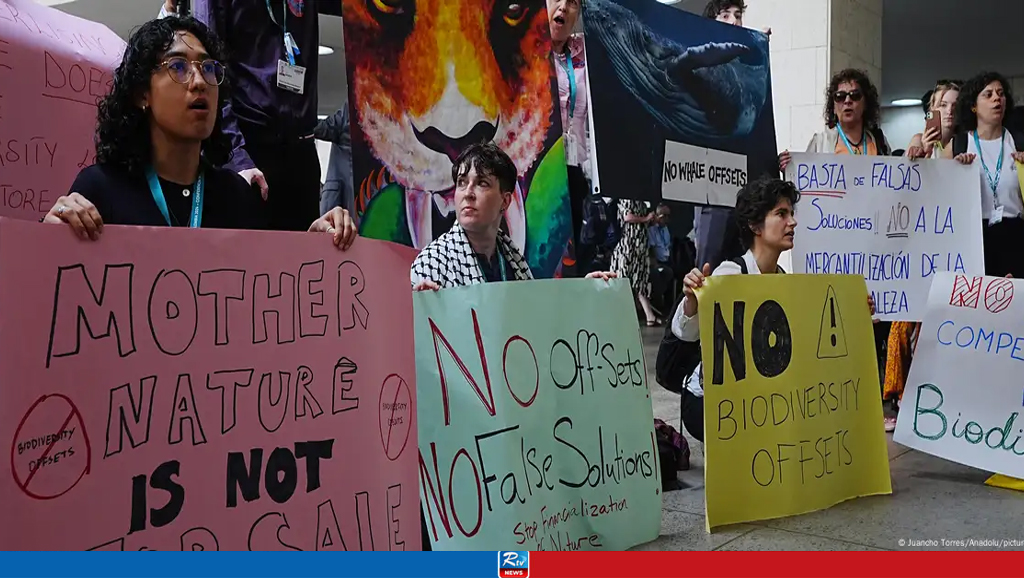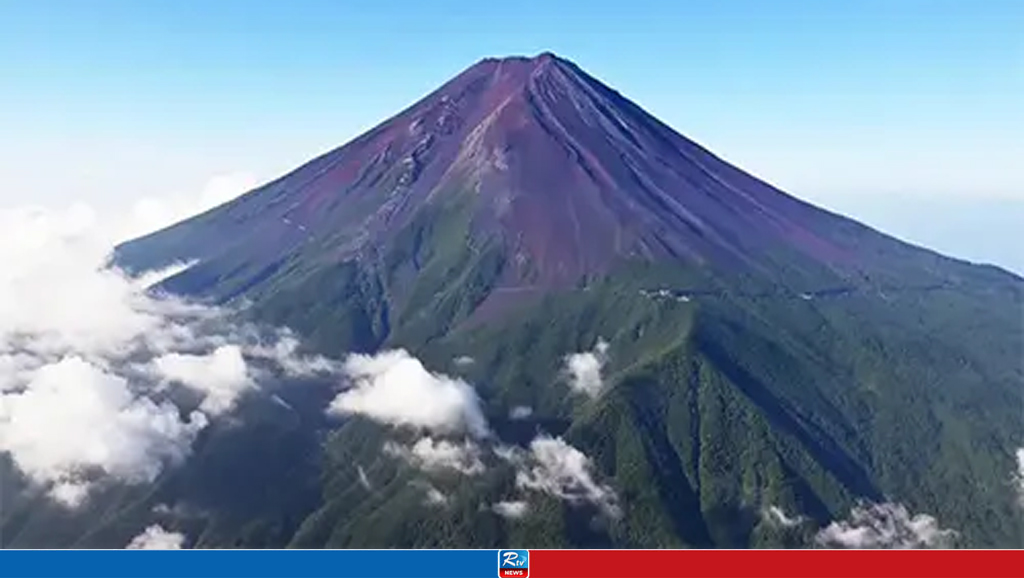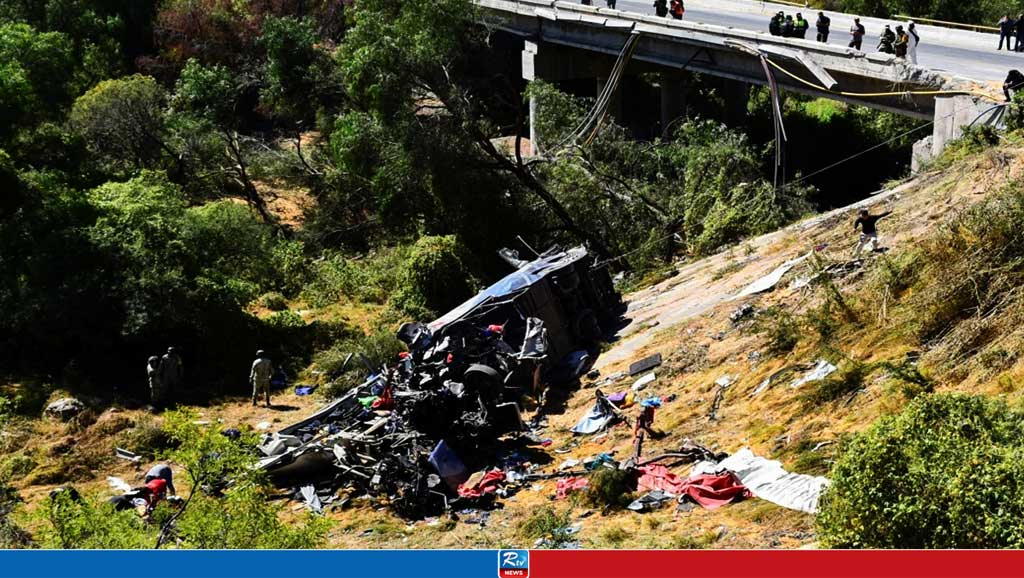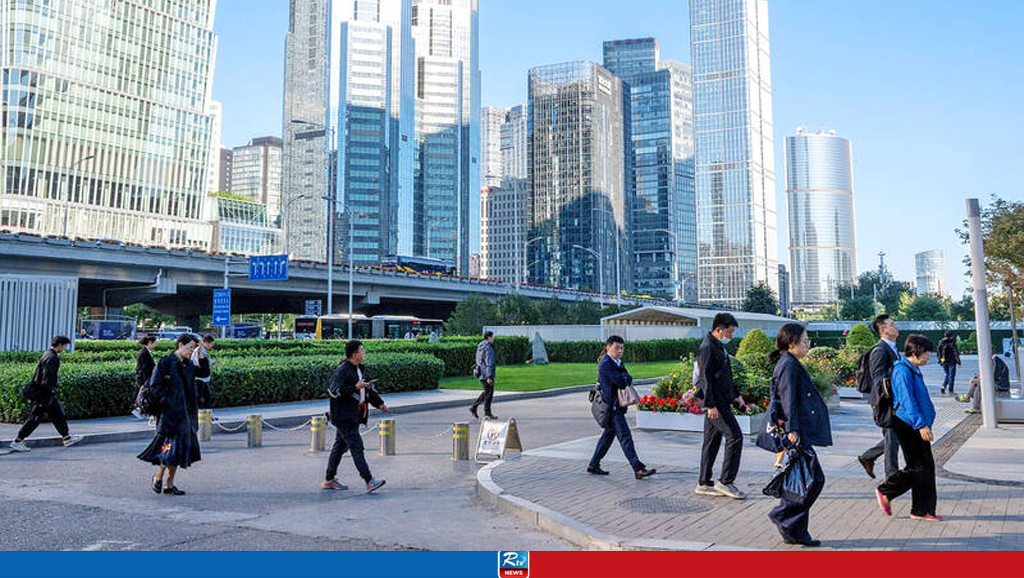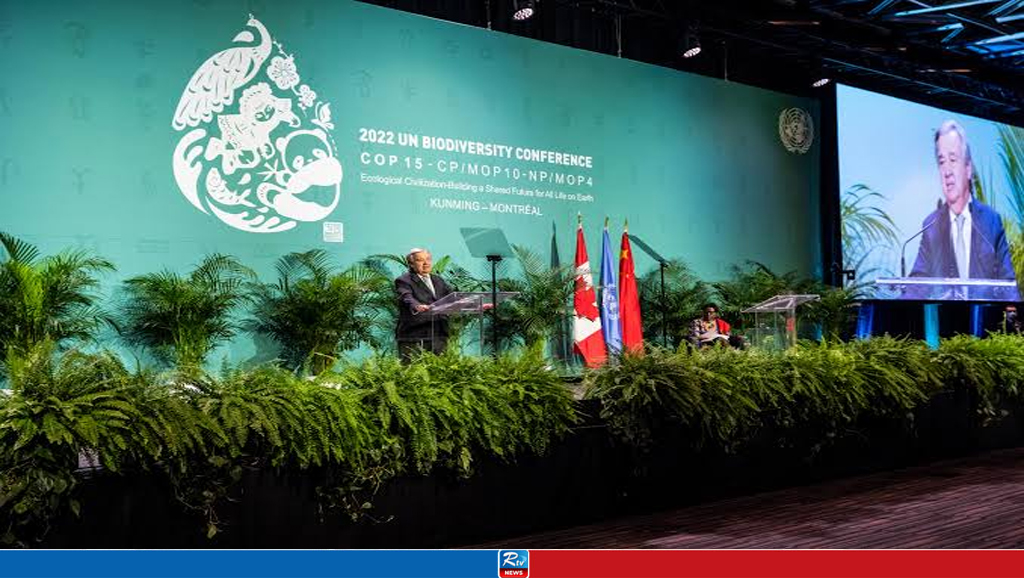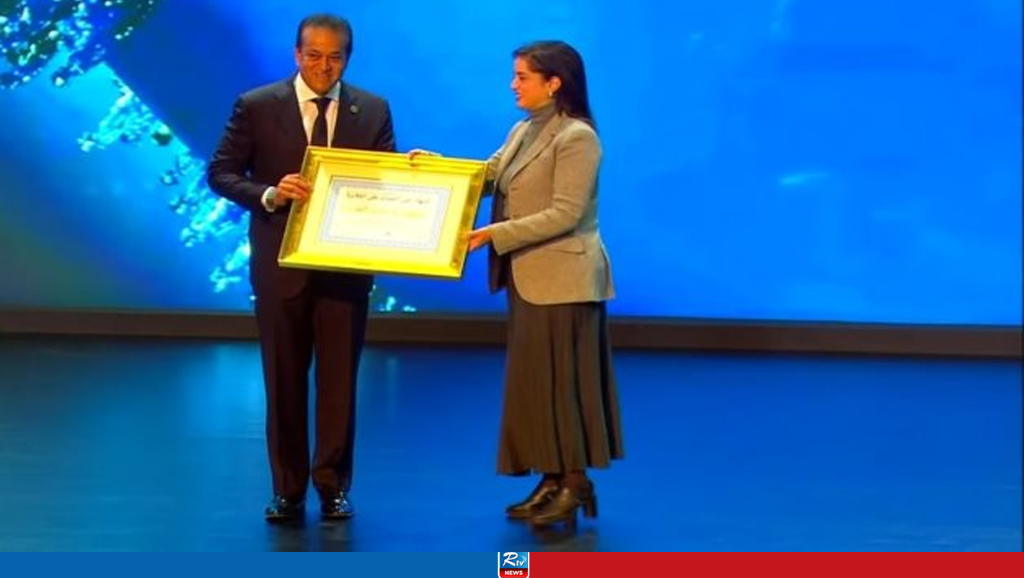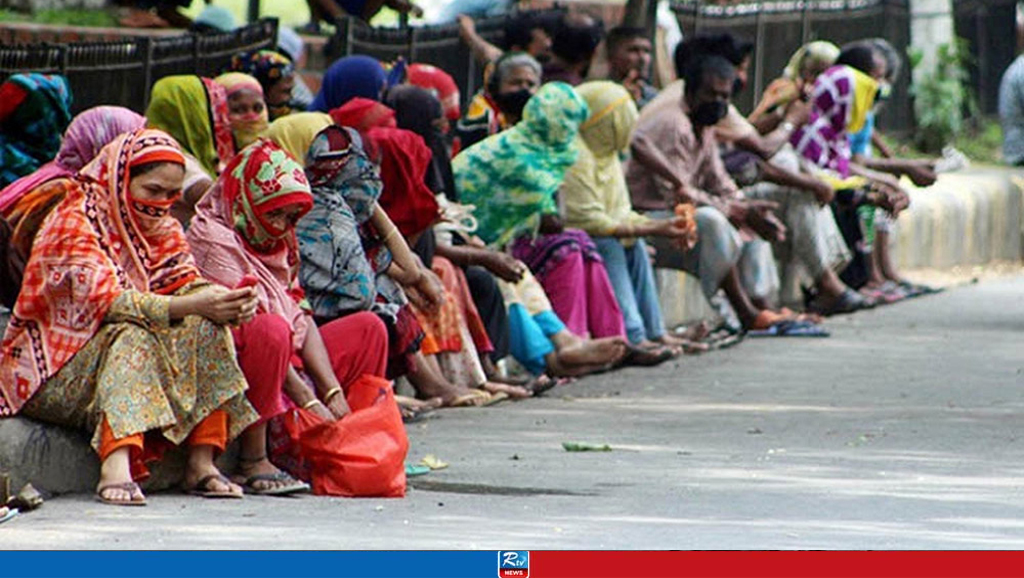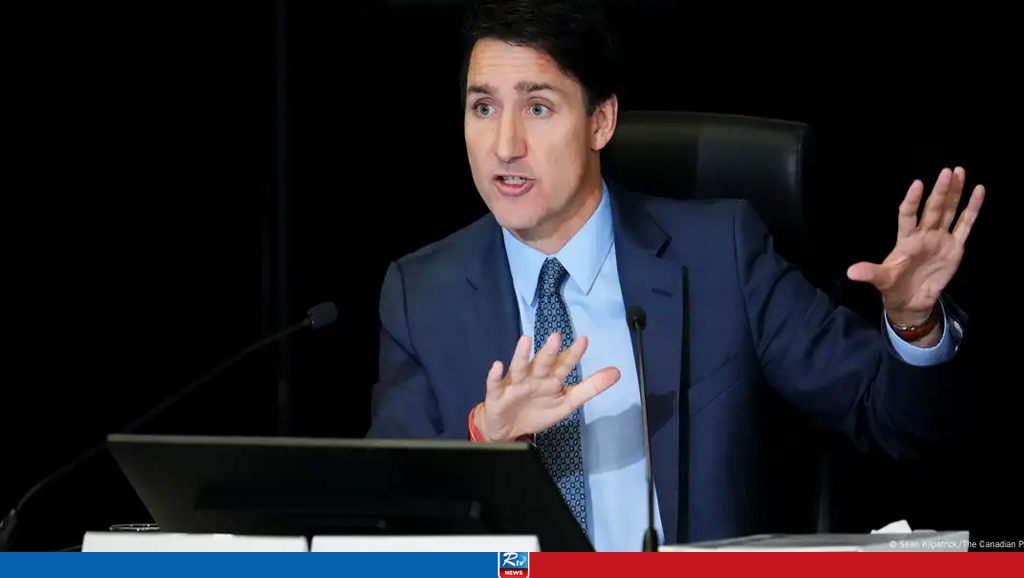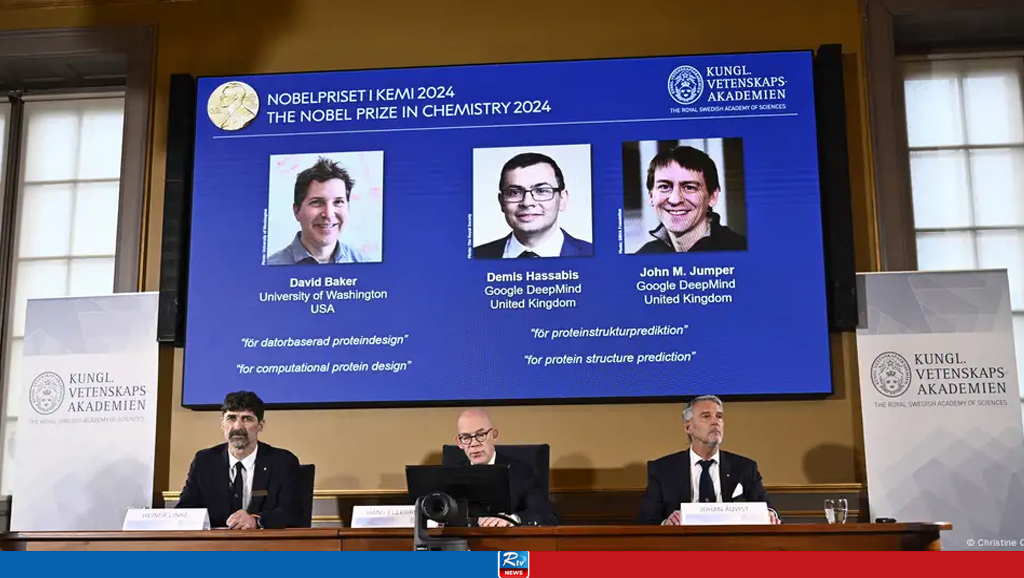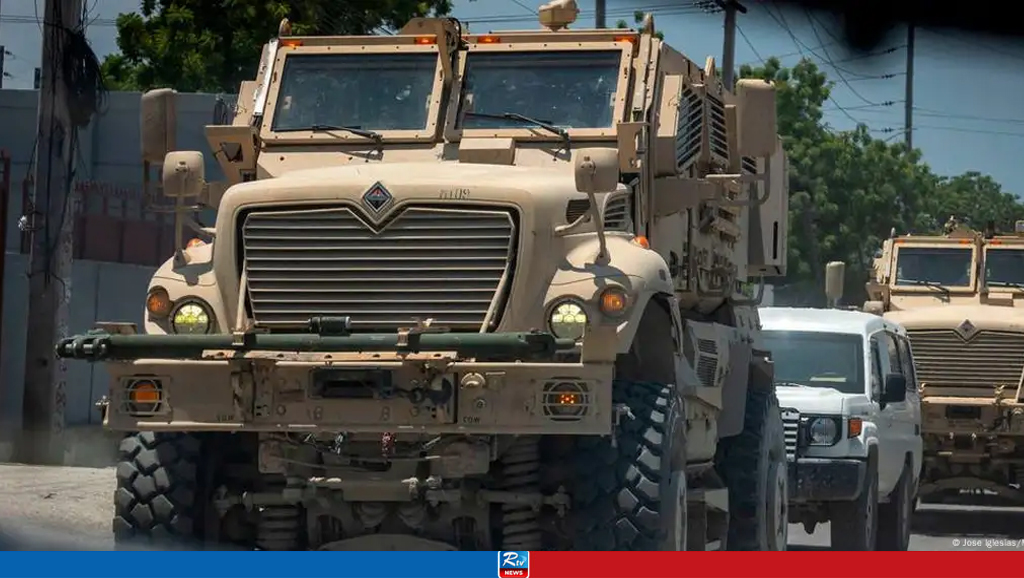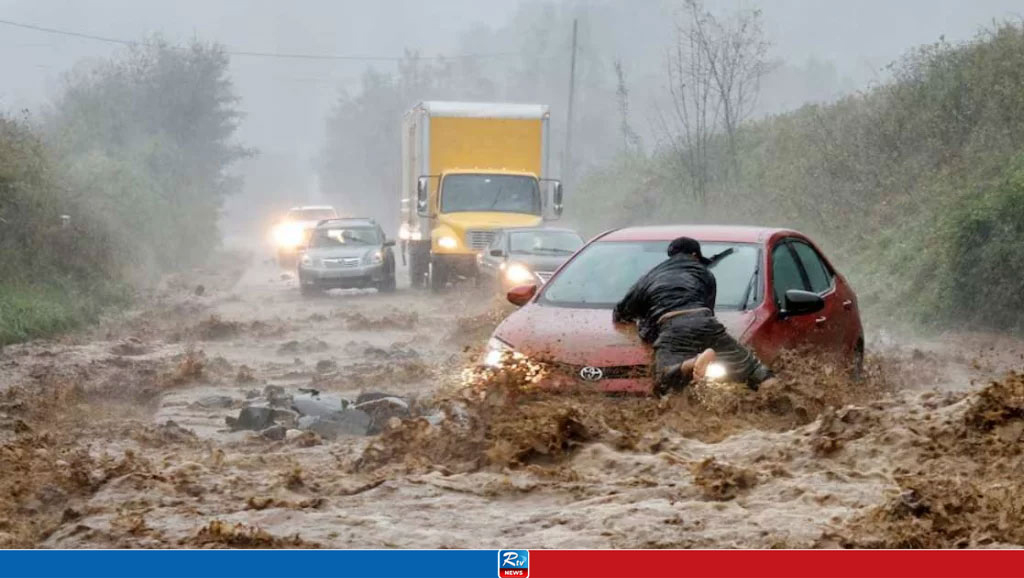The world's biggest conference on nature conservation closed in Cali, Colombia, in the early hours of Saturday with delegates failing to agree on a funding roadmap for species protection.
The UN COP16 summit was suspended by its president Susana Muhamad after negotiations ran almost 12 hours longer than planned and participants started leaving to catch their flights.
The almost two-week conference, attended by some 23,000 delegates from 200 countries, was tasked with implementing the 2022 Kunming-Montreal Global Diversity Framework agreement, which seeks to stop the current rapid human-driven deterioration of nature by 2030.
That agreement included measures such as putting 30% of land and sea areas under protection and reducing pollution. Wealthy countries had also pledged two years ago to provide developing nations with $20 billion (€18 billion) per year in annual conservation financing by 2025, with that rising annually to $30 billion by 2030.
This year's summit had aimed to ramp up sources of financing and come up with a detailed funding plan, but delegates could not break the impasse. Negotiators were reportedly split between poor and rich country blocs over increased funding and other commitments.
Summit approves Indigenous consultative body
Delegates at the UN summit did, however, agree to create a permanent body for Indigenous peoples to give advice on "matters of relevance to Indigenous peoples and local communities."
The decision was the first big breakthrough to be achieved at the summit.
"This is an unprecedented moment in the history of multilateral agreements on the environment," Camila Romero, an Indigenous representative from Chile, told delegates after the measure was adopted.
"Parties have recognized the constant need for our full and effective participation, our knowledge and innovations, technology and traditional practices," she added.
Delegates back fund for nature's genetic data
Countries meeting at COP16 also agreed on the creation of a fund to share the profits of digitally sequenced genetic data taken from animals and plants with the communities they come from.
Genetic data from nature is used in a wide range of products, from medicines to nutrient-enriched rice, and is often found in species from poor countries.
The agreement could mean that billions of dollars for nature conservation be directed to the fund, with half of the proceeds to go to Indigenous peoples and local communities.
- Dhaka Sun, 26 JANUARY 2025,

 Live Tv
Live Tv

